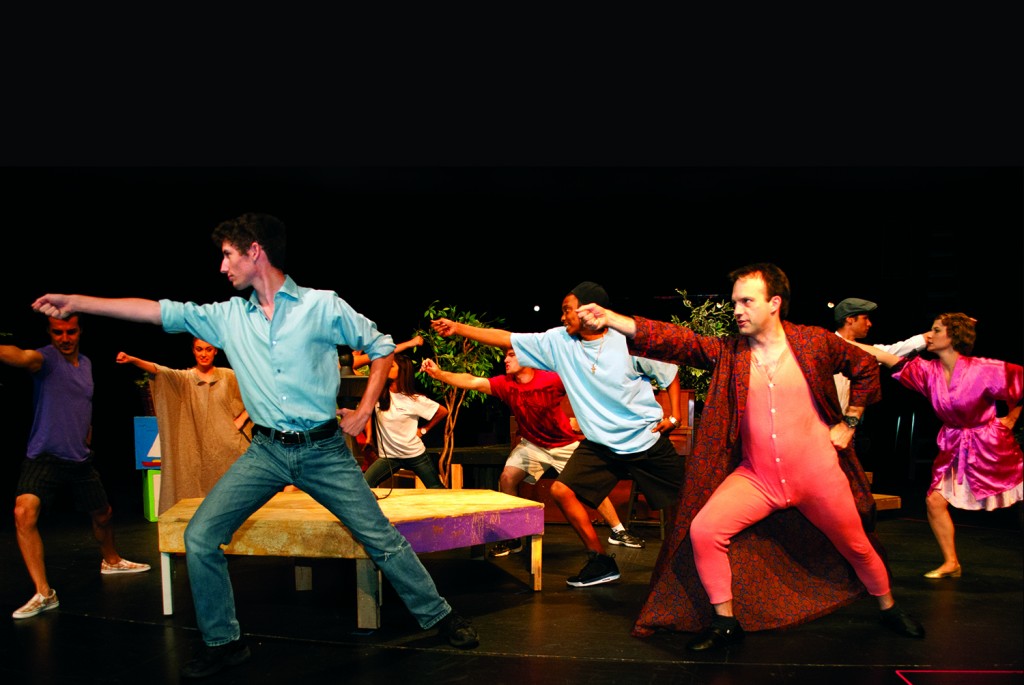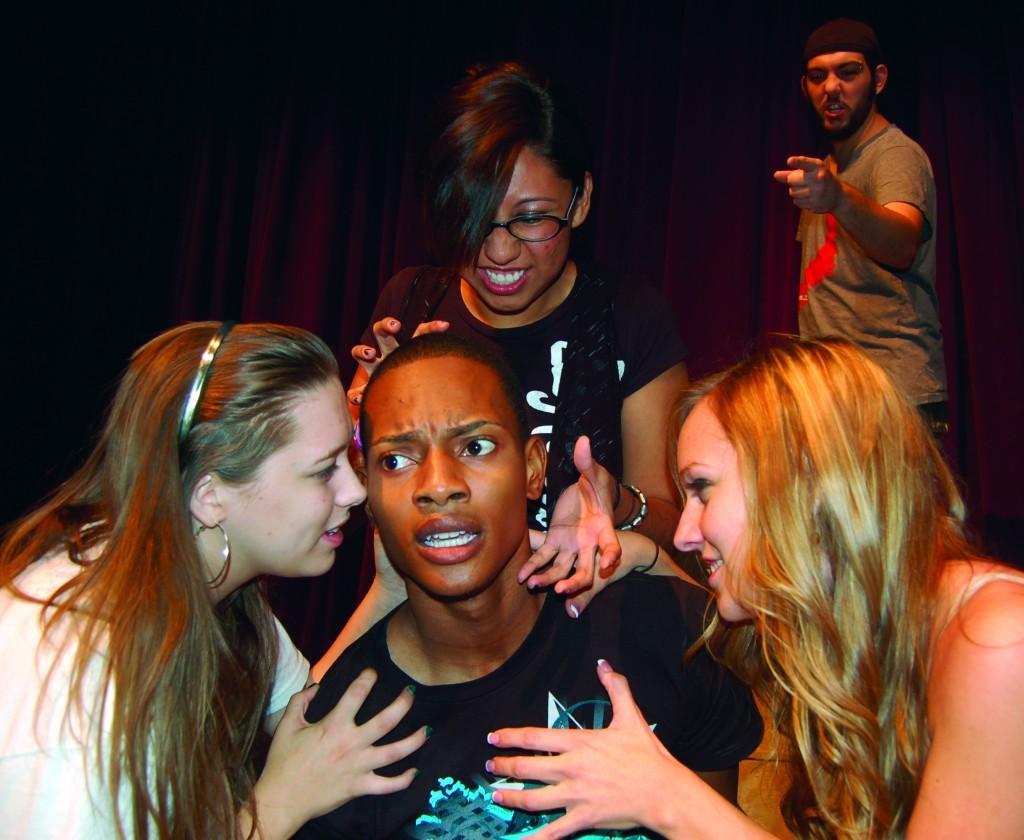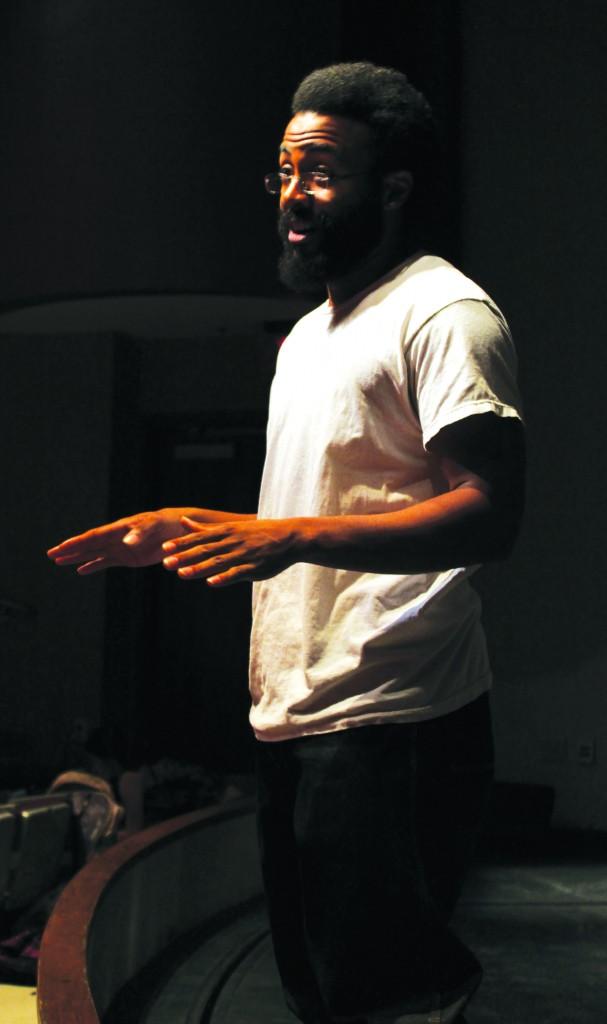By Brooke Busch/reporter
To help students have a better college experience, SE health services promotes a balanced lifestyle, the center’s coordinator told about 50 students Sept. 21.
Liz Lowry along with health and physical education instructor Melissa Evans presented Lifestyles for Living as part of Student Success Seminars for Learning Skills Week.
Students need to know the do’s and don’ts of finding a balanced lifestyle, Lowry said. Some of the do’s include exercising three times a week, eating a healthy diet, getting at least six to eight hours of sleep and quitting smoking.
Some of the don’ts include relying on caffeine and sugar to get through the day, overscheduling oneself, going to class sick and starting to smoke.
Lowry provided the students with a few suggestions to start improvements in their lives. Eating a balanced diet is the first step. Students can enjoy junk food every now and again, but good nutrition is a must, she said.
Students also need to get the proper number of hours of sleep a night, she said. The average is anywhere between six to eight hours.
“Your mind will not work properly if your brain is too tired to function,” she said.
Drinking coffee is good on occasion, but a body that relies on nothing but caffeine and energy drinks will eventually crash, Lowry said.
TCC offers several health-related resources for its students, Lowry said. Some of the health services centers on TCC campuses include free and private testing for diabetes, STDs and hypertension.
Health services staff can also check blood pressure and treat cuts or other small injuries or advise on the need for a doctor.
Discounted flu shots are available for all TCC students, faculty and staff.
The centers also provide a wide variety of brochures and information on diabetes, stress, STDs and healthy diets.
Students can also find information about applying for health insurance and finding health care providers in any of the campus health centers and their areas on the district website.
The audience members became participants instead of listeners when Evans asked them all to get up on their feet and move around.
She had the crowd doing small exercises, like butt touches and marching, which she said helped send blood flow to the brain and wake it up.
The best thing students can do to be healthier both physically and mentally is exercise, she said.
Students face several health risks in today’s society including computers, video games and television. Evans said these three, along with others, require the body to sit for long periods of time, which creates a health risk.
“[Even 10-minute exercises] help us learn faster and better,” she said.
Exercise is good for the brain, Evans said.
“It speeds up the processing of information,” she said.
Evans said she wanted students to remember one thing about health and fitness.
“Fit students score higher on cognitive tests, and fit older adults show less decrease of volume in the brain,” she said.



























